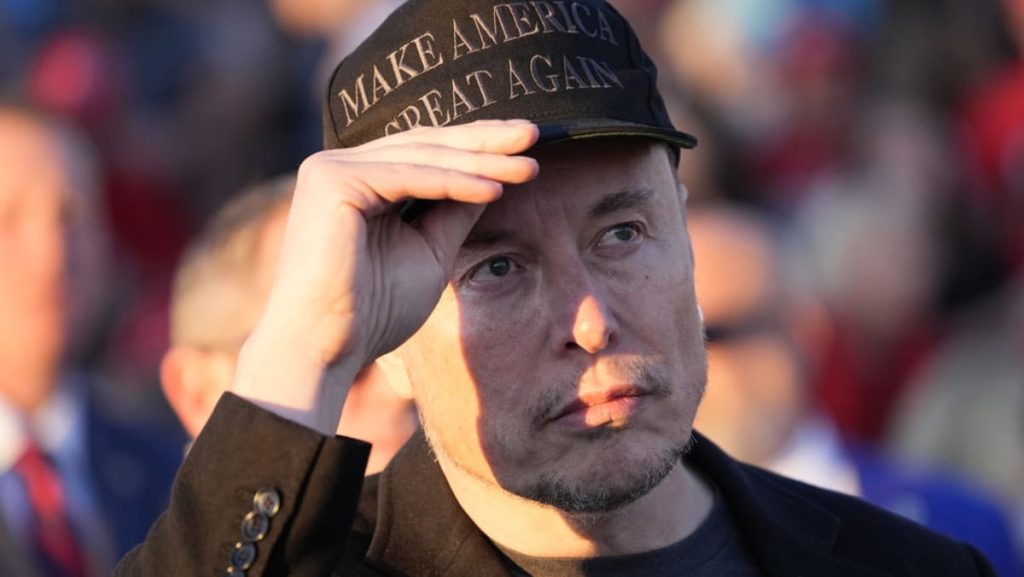The future of TikTok in the United States hangs precariously in the balance, with Chinese officials reportedly contemplating a contingency plan involving the sale of TikTok’s US operations to Elon Musk, the billionaire entrepreneur behind Tesla and X (formerly Twitter). This potential divestiture would only be considered if TikTok’s legal challenges to a looming US ban prove unsuccessful. While Chinese authorities maintain a preference for TikTok remaining under the control of its parent company, ByteDance, the escalating pressure from the US government has forced them to explore alternative scenarios. This development underscores the complex interplay between national security concerns, technological competition, and the global reach of social media platforms.
The reported consideration of Musk as a potential buyer introduces a fascinating dimension to the TikTok saga. While no official confirmation has been issued by any of the parties involved, the prospect of X absorbing TikTok’s US operations raises several intriguing questions about the future of both platforms. Would X integrate TikTok’s short-form video format into its existing platform, creating a hybrid social media experience? Or would TikTok US operate as a separate entity under Musk’s ownership, potentially leveraging his business acumen and technological expertise to navigate the regulatory landscape and compete against other established players in the short-form video market? The potential synergies and challenges of such a merger remain to be seen, and the lack of official comment from TikTok, Musk, and X leaves much to speculation.
The US government’s concerns regarding TikTok stem primarily from national security considerations. Authorities worry that the app’s vast user base and data collection practices could potentially be exploited by the Chinese government for surveillance or propaganda purposes. These concerns, though vehemently denied by ByteDance, have led to legislative efforts to restrict TikTok’s operations within the United States. The Supreme Court’s recent indication that it may uphold a law forcing the sale or ban of TikTok by January 19th adds further urgency to the situation, putting immense pressure on ByteDance to explore all available options.
ByteDance’s preferred course of action remains a legal challenge to the impending ban, hoping to overturn the decision through an appeal to the US Supreme Court. However, the court’s apparent inclination to uphold the law necessitates the exploration of alternative pathways, hence the reported discussions surrounding a potential sale to Musk. This signifies a delicate balancing act for ByteDance, as it attempts to defend its ownership while simultaneously preparing for a scenario where divestiture becomes the only viable option to maintain a presence in the lucrative US market.
The involvement of Chinese regulatory bodies, such as the Cyberspace Administration of China and the Ministry of Commerce, further complicates the situation. Any potential sale of TikTok’s US operations would require their approval, adding another layer of scrutiny to the process. The reported preliminary nature of these deliberations suggests that Chinese authorities are still weighing the various options and have not yet reached a firm consensus on how to proceed. This underscores the complexity of the issue and the significant geopolitical ramifications of any decision made regarding TikTok’s future.
The ongoing saga surrounding TikTok’s fate in the United States highlights the growing tensions between technological innovation, national security concerns, and international relations. The app’s immense popularity and its Chinese ownership have placed it squarely at the intersection of these competing forces. The potential sale to Elon Musk represents a dramatic twist in this ongoing narrative, introducing a new set of variables and uncertainties. Whether this potential transaction materializes or not, the outcome will undoubtedly have significant implications for the future of social media, the relationship between the US and China, and the global landscape of technological competition. The final chapter in this saga remains to be written, and the world is watching closely to see how it unfolds.

